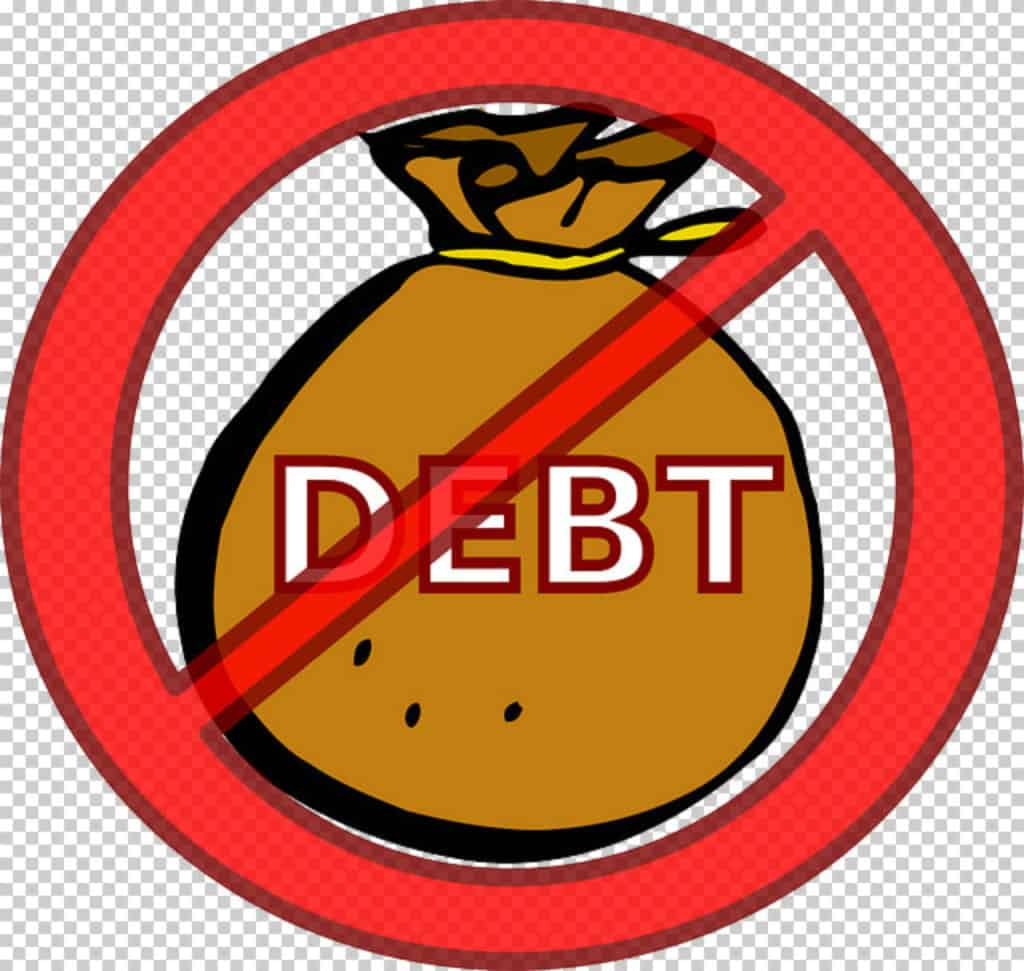 Consumer Proposal definition
Consumer Proposal definition
It is important to know what the consumer proposal definition is. A consumer proposal is a relatively new addition to the Bankruptcy and Insolvency Act (BIA), even though it has been around for 23 years. Although the origins of the current BIA can be traced back to the original 1869 An Act respecting Insolvency, the consumer proposal section was enacted with the 1992 amendments to the BIA.
According to the Office of the Superintendent of Bankruptcy, the consumer proposal definition is:
“A consumer proposal is a formal, legally binding process that is administered by a bankruptcy trustee. In this process, the trustee will work with you to develop a “proposal”—an offer to pay creditors a percentage of what is owed to them, or extend the time you have to pay off the debts, or both. The term of a consumer proposal cannot exceed five years.
Payments are made through the trustee, and the trustee uses that money to pay each of your creditors.”
My consumer proposal definition
My consumer proposal definition is THE GREAT alternative to bankruptcy. It’s available only to people, whose total debts do not exceed $250,000, not including debts secured by their principal residence. Working with a trustee in bankruptcy you make a consumer proposal to:
- Pay your creditors a percentage of what you owe them over a specific time
- Extend the time you have to pay off the debt
- Or a combination of both
Watch this short video
I hope that you enjoy the video. Most people facing financial challenges, or insurmountable debt that they can never repay, cannot focus on the consumer proposal definition. We understand that what you need is an experienced trustee to recommend you solutions tailored specifically to your situation. Contact Ira Smith Trustee & Receiver Inc. for sound, professional advice and a solid financial plan for Starting Over, Starting Now.









